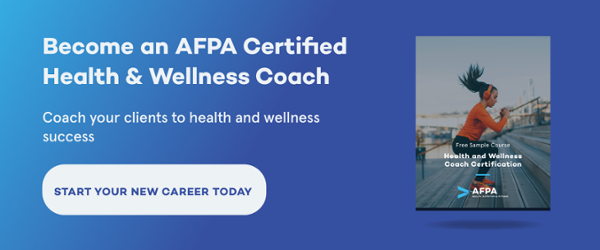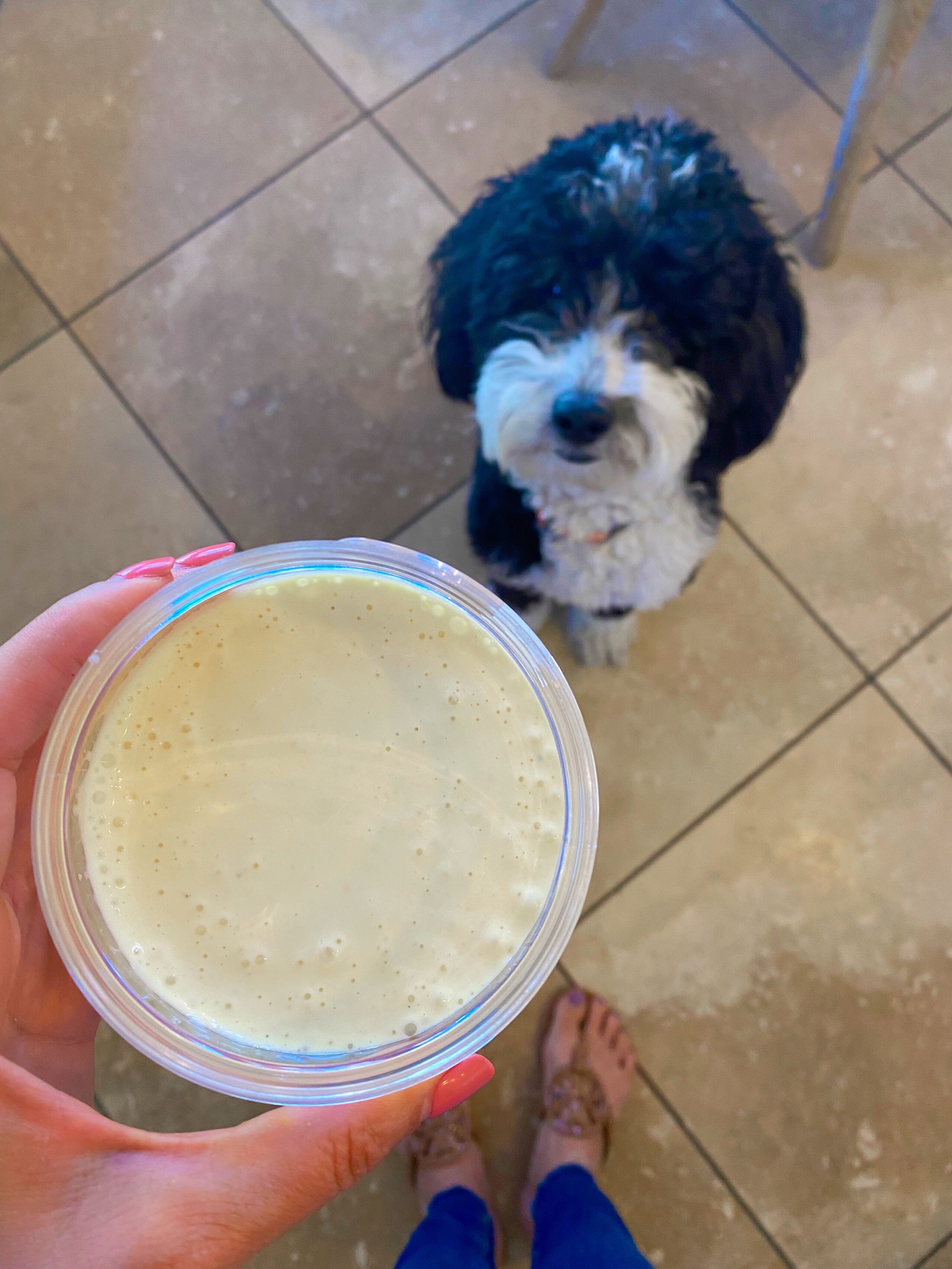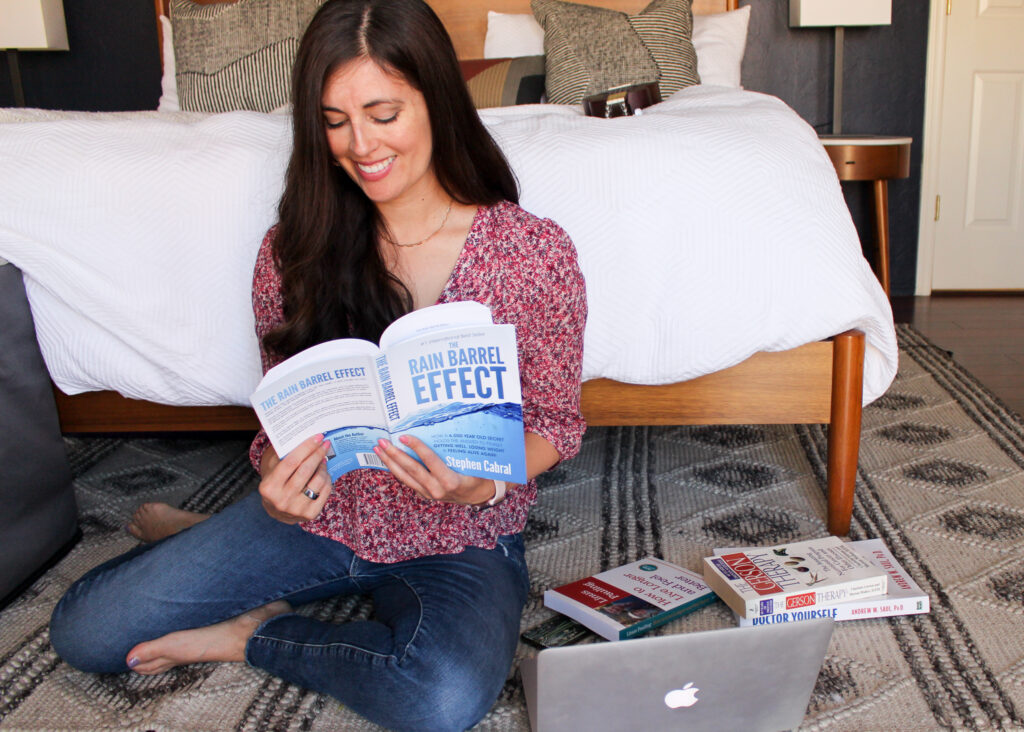
[ad_1]
A Marketing 101 Refresher
During and after your certification process, it’s imperative to market with excellence! Branding and marketing are how you take your invaluable knowledge and communicate it to clients in need. While it can be a hurdle for some to professionally put themselves out there, it is even more significant to make sure that when you do, it is for a well-meaning and well-informed purpose. While you cannot possibly market perfectly, the following refresher tips will give a solid baseline understanding of why marketing is so vital and how to get started and serves as a framework to later learn of pandemic-specific marketing considerations every wellness and/or fitness expert should enact:
An activity to flesh out the pre-marketing data you have
- In one sentence, what fitness and/or wellness mission are you bringing to people?
- What is the type of fitness and/or wellness you offer, and why does it matter?
- Via which medium(s) do you offer your type of fitness and/or wellness?
- Who are the types of people who already desire or use your type of fitness and/or wellness (Think: What do they need from you? What is their age range/general work-life/financial background/specific cultural beliefs/practices?)
- Now, revise your first sentence to make it even more specific, post-modifying it with details from questions 2-4.
Questions for your “triangle of marketing needs”
- What do your clients need? Think of three main goals.
- How will your fitness and/or wellness offering help them get there? Try to speak to each goal above.
- What will be the “results” your clients achieve?
- Head to your social media platforms, newsletters, and reviews to identify two patterns you see in what your clients say about you and revise your “triangle of needs” to be even more specific.
- For an effective bonus marketing model, define your value as a nutrition and fitness coach with the SAVE Marketing Model.
Tackle your marketing fears one reflection at a time
- Who else (get specific with other brands/leaders) is playing in the type of fitness and/or wellness niche you are?
- How is your fitness and/or wellness offering different from theirs?
- What type of “healthily comparative” content can you make to begin distinguishing yourself from them?
- As an example, create a quote meme that sets you apart.
- To dig a little deeper, watch a clip somewhere of another person doing something similar to what you want to do: How would your clip on that same topic look different?
- Generate a list of ten hashtags that embody your fitness and/or wellness brand.
- What can you do on a weekly basis, ranging from personal confidence-building activities to actual content you create, to remain self-assured in what you offer?
Generate buzz, experiment, and adapt
- What are three things you can do right now to “advertise” your fitness and/or wellness services? (Think: Craigslist, LinkedIn, Facebook, etc.)
- What content schedule will support your client engagement and retention needs at this time?
- Consider making follow-up or post-service material that reminds your clients of what you provide and why it’s so uniquely important.
- Do a check-in with how your fitness and/or wellness presence has already morphed from the beginning of this article until now: How can you further refine your delivery?
At this point, your strategies and purpose should feel revived! And, you are well-prepared to put a post-pandemic lens on your marketing efforts.
5 Post-Pandemic Things to Keep in Mind Right Now
The pandemic is a very particular time in history with widespread effects on those who have contracted COVID-19 and/or those who know someone who has, people with chronic or pre-existing illnesses, lower socioeconomic demographics, minority cultures, mothers, essential workers, and mental health across the board. It is also a time where fitness obstacles are aplenty, such as clinically harmful weight gain (go here to read about 8 Ways Personal Trainers May Design Healthier Post-Pandemic Weight Loss Programs), eating disorders, and malnutrition. That being said, there is a certain degree of thoughtfulness and care that must go into marketing, while marketing also needs to endure.
Here are five:
- Proceed with caution when addressing a market that may experience disordered eating. Eating disorder triggers are compounded by pandemic stress, and sometimes starting with what not to say is the best place to start.
- According to Health Equity Considerations and Racial and Ethnic Minority Groups, there is a lot of integral information around how different populations have been disproportionately affected by the pandemic. You can and should support your clients by incorporating practices for health equity, which is defined as “when all members of society enjoy a fair and just opportunity to be as healthy as possible. Public health policies and programs centered around the specific needs of communities can promote health equity” (CDC, 2021). Experiment as well with marketing in a way that honors and properly attributes underrepresented groups in the fitness and/or wellness leadership space, such as this list of 12 Black American Health and Wellness Pioneers.
- Mental health issues are at an all-time high, so finding ways to market and sell your fitness and/or wellness offerings while also using that space to honor the mindful aspect of your services is key. This shift in mental health prevalence and severity began in 2020 with the pandemic’s onset and initial stages. The following are results published in February 2021 from a study on the pandemic and prevalence of declining mental health across our globe: We retrieved 821 citations from the biomedical databases and 53 citations from the preprint databases: 66 Studies with 221,970 participants were included in our meta-analysis. The overall pooled prevalence of depression, anxiety, distress, and insomnia was 31.4%, 31.9%, 41.1%, and 37.9%, respectively. Noninfectious chronic disease patients, quarantined persons, and COVID-19 patients had a higher risk of depression (Q=26.73, p<0.01) and anxiety (Q=21.86, p<0.01) than other populations. The general population and nonmedical staff had a lower risk of distress than other populations (Q=461.21, p< 0.01). Physicians, nurses, and nonmedical staff showed a higher prevalence of insomnia (Q=196.64, p<0.01) than other populations.
- To address socioeconomic imbalances, consider creating sliding-scale rate structures. Your scales can be based on current income, as for many, it has drastically changed. Look to writers and publications addressing accessible fitness and wellness models as well as various online platforms dedicated to affordable pricing such as Black Girls Breathing, Breath Strength, SHAKTIBARRE, and others to model your renovated pricing mission off of.
- Get familiar with conscious branding as there are many other aforementioned areas to consider as you market in post-pandemic times. Here are several online resources to mindfully tune-up your promotions:
Marketing in a way that quantitatively yields results alongside qualitatively adapting to out-of-the-ordinary times will set you apart from other fitness and/or wellness leaders. Your messaging will be clear in a time of chaos. Your delivery will be noble in a time where some in the health industry are ironically preying on those in distress, and several distinguished others are taking a stand against it. You have the power to succeed in your business and to generate messaging of integrity at the exact same time. As the pandemic continues to change over time, revisit this article to make necessary adjustments. The work of marketing responsibly is never over, and in the long run–even beyond the pandemic–will be of the highest benefit to you and your clients.
References
[ad_2]
Source link










